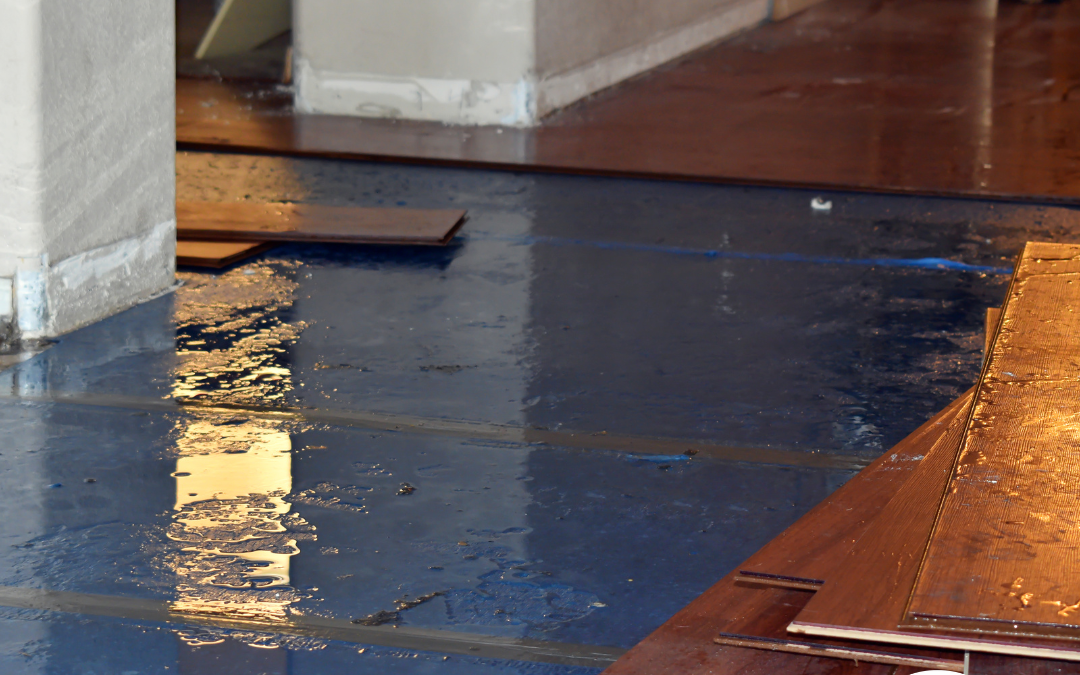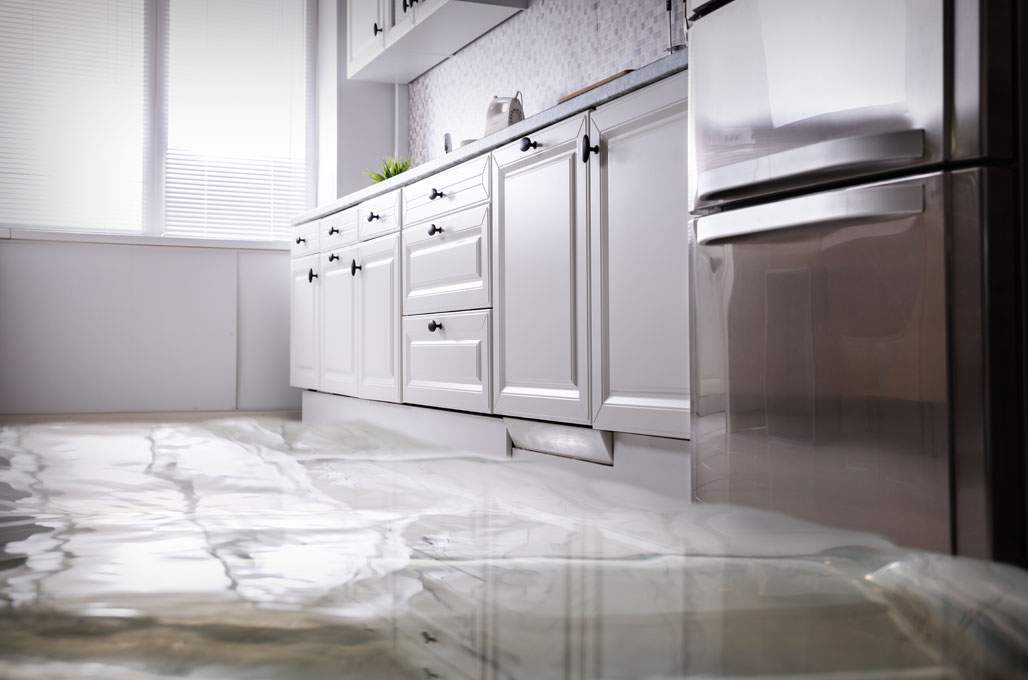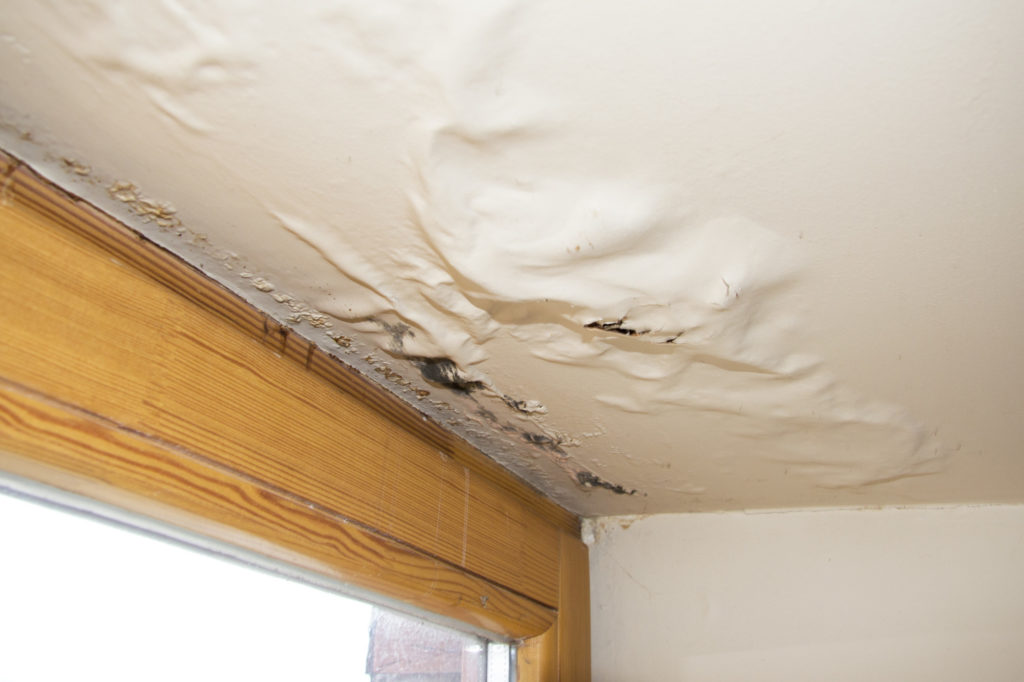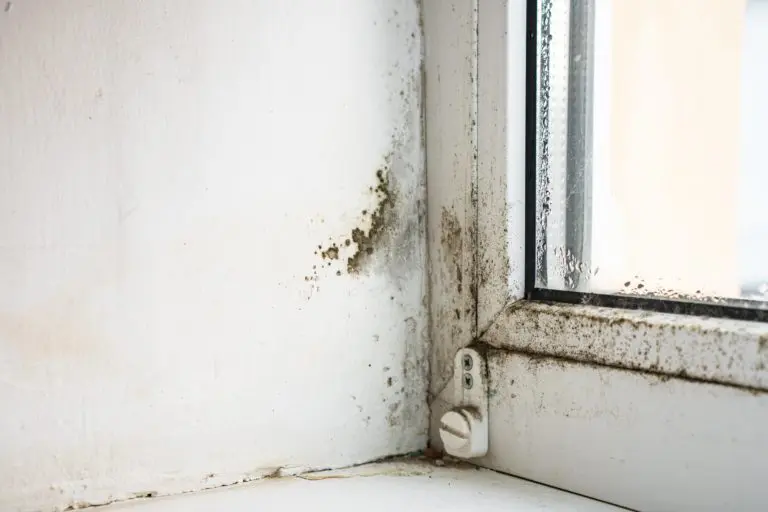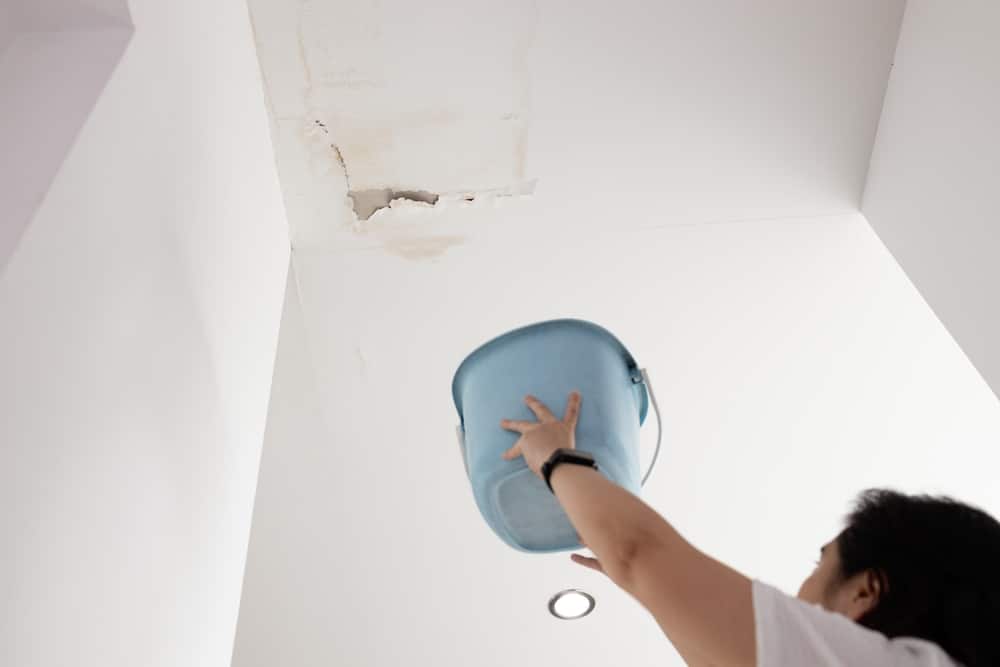In the rapidly evolving world of property management, the term smart maintenance for rental properties has become increasingly prevalent. As technology advances, landlords and property managers are seeking innovative ways to maintain rental properties efficiently and effectively. This article delves into the concept of smart maintenance, exploring how it can be implemented in rental properties to not only streamline operations but also enhance tenant satisfaction.

Understanding Smart Maintenance
Smart maintenance refers to the use of advanced technologies and systems to manage and maintain properties. This approach leverages tools such as the Internet of Things (IoT), predictive analytics, and automation to optimize property maintenance processes. By integrating these technologies, property managers can predict issues before they arise, ensuring a proactive approach to maintenance.
The Benefits of Smart Maintenance for Rental Properties
Implementing smart maintenance offers numerous advantages. Firstly, it enhances operational efficiency by automating routine tasks. This not only saves time but also reduces the likelihood of human error. Additionally, smart maintenance can lead to significant cost savings. By predicting potential issues, property managers can address them proactively, preventing costly repairs or replacements.
Improved Tenant Satisfaction
One of the key benefits of smart maintenance is improved tenant satisfaction. When maintenance issues are resolved quickly and efficiently, tenants are more likely to renew their leases, reducing vacancy rates. Furthermore, the use of technology can enhance communication between tenants and property managers, ensuring that concerns are addressed promptly.
Environmental Impact
Smart maintenance also has a positive environmental impact. By optimizing energy usage and reducing waste, properties can become more sustainable. For example, smart thermostats and lighting systems can significantly reduce energy consumption, leading to lower utility bills and a smaller carbon footprint.
For more insights on the eco impact of home water leaks, visit our detailed guide.
Key Technologies in Smart Maintenance
Several technologies are integral to smart maintenance. These include IoT devices, which can monitor various aspects of a property in real-time. For example, sensors can detect water leaks or monitor air quality, allowing for immediate action. Predictive analytics is another crucial component, enabling property managers to anticipate issues based on data trends.
Automation and AI
Automation and artificial intelligence (AI) play a significant role in smart maintenance. Automated systems can schedule routine maintenance tasks, while AI can provide insights into potential issues. This technology not only enhances efficiency but also allows property managers to focus on more strategic tasks.
Learn more about how to stop musty odors after water damage for a healthier environment.
Implementing Smart Maintenance in Your Properties
Implementing smart maintenance in rental properties involves several steps. Firstly, property managers should conduct a thorough assessment to identify areas where technology can be integrated. This may involve investing in IoT devices, upgrading software systems, or training staff on new technologies.
Choosing the Right Tools
Choosing the right tools is crucial for successful implementation. Property managers should consider factors such as cost, ease of use, and compatibility with existing systems. It may also be beneficial to consult with experts or technology providers to ensure the best solutions are chosen.
Training and Support
Training staff on the use of new technologies is essential. This ensures that all team members are equipped to utilize the tools effectively. Additionally, ongoing support should be provided to address any issues or questions that may arise.
Discover the best methods to test water pressure in your properties as part of your maintenance strategy.
Challenges and Considerations
While smart maintenance offers numerous benefits, there are also challenges to consider. These may include initial setup costs, data security concerns, and the need for ongoing updates and maintenance of the technology itself. Property managers should weigh these factors carefully before implementation.
Data Security
Data security is a significant concern when implementing smart maintenance. Property managers must ensure that all systems are secure and that tenant data is protected. This may involve investing in cybersecurity measures and regularly updating software to address vulnerabilities.
The Future of Smart Maintenance in Rental Properties
The future of smart maintenance in rental properties is bright. As technology continues to advance, we can expect even more innovative solutions to emerge. This will likely lead to further efficiencies, cost savings, and improvements in tenant satisfaction.
For example, advancements in AI and machine learning may enable even more accurate predictions of maintenance issues, while developments in IoT technology could lead to even greater automation. As these technologies evolve, property managers will need to stay informed and adapt to ensure they are fully leveraging the benefits of smart maintenance.
Conclusion
Smart maintenance represents a significant shift in the way rental properties are managed. By embracing technology, property managers can enhance efficiency, reduce costs, and improve tenant satisfaction. While there are challenges to consider, the benefits of smart maintenance are clear. As technology continues to evolve, it is likely that smart maintenance will become an integral part of property management.
For more insights into how technology is transforming property management, visit this external resource.

FAQs
What is smart maintenance for rental properties?
Smart maintenance involves using technology to manage and maintain rental properties efficiently. It includes tools like IoT devices and predictive analytics to optimize maintenance processes.
How can smart maintenance benefit property managers?
Smart maintenance can enhance efficiency, reduce costs, and improve tenant satisfaction by automating tasks and predicting maintenance issues before they occur.
What are the challenges of implementing smart maintenance?
Challenges include initial setup costs, data security concerns, and the need for ongoing updates and maintenance of technology systems.
This article contains affiliate links. We may earn a commission at no extra cost to you.


